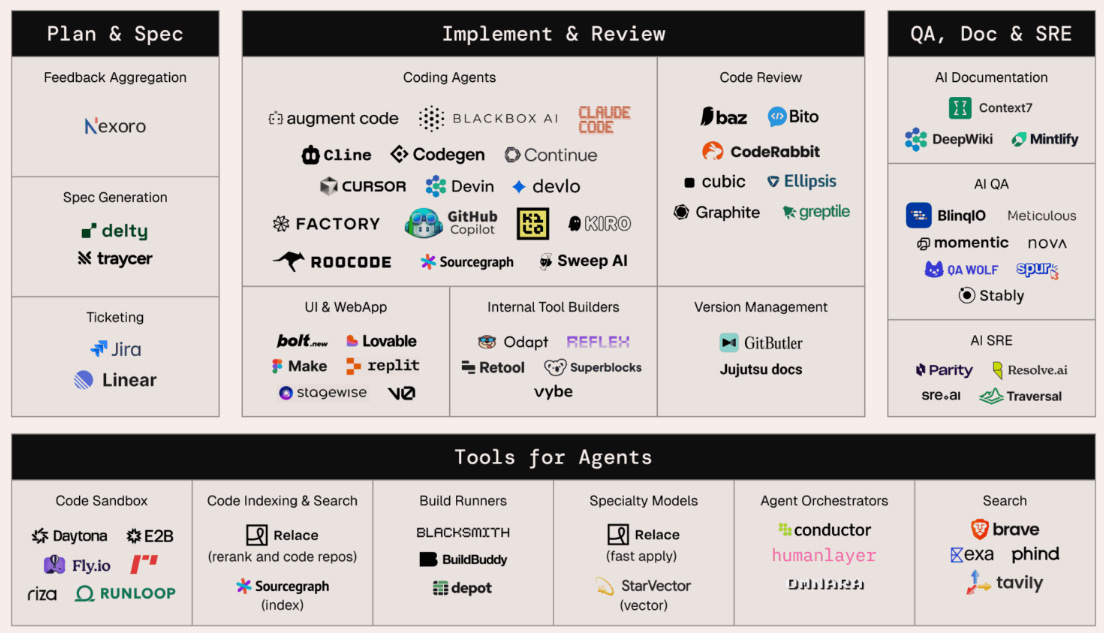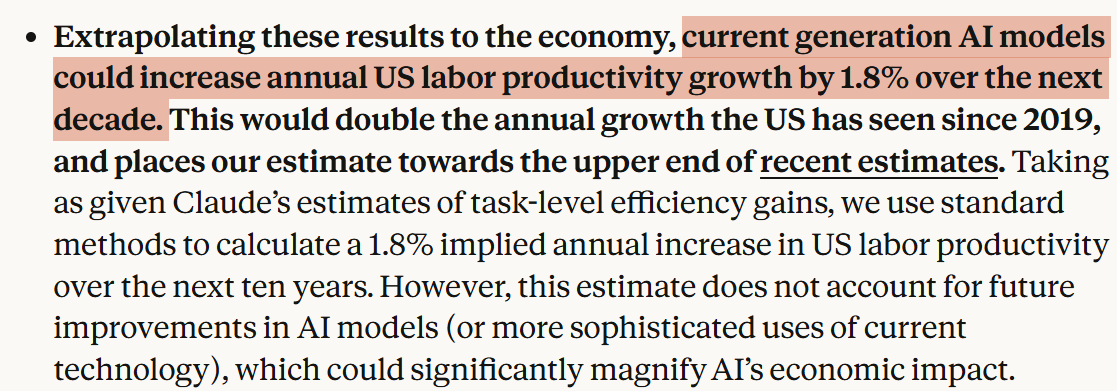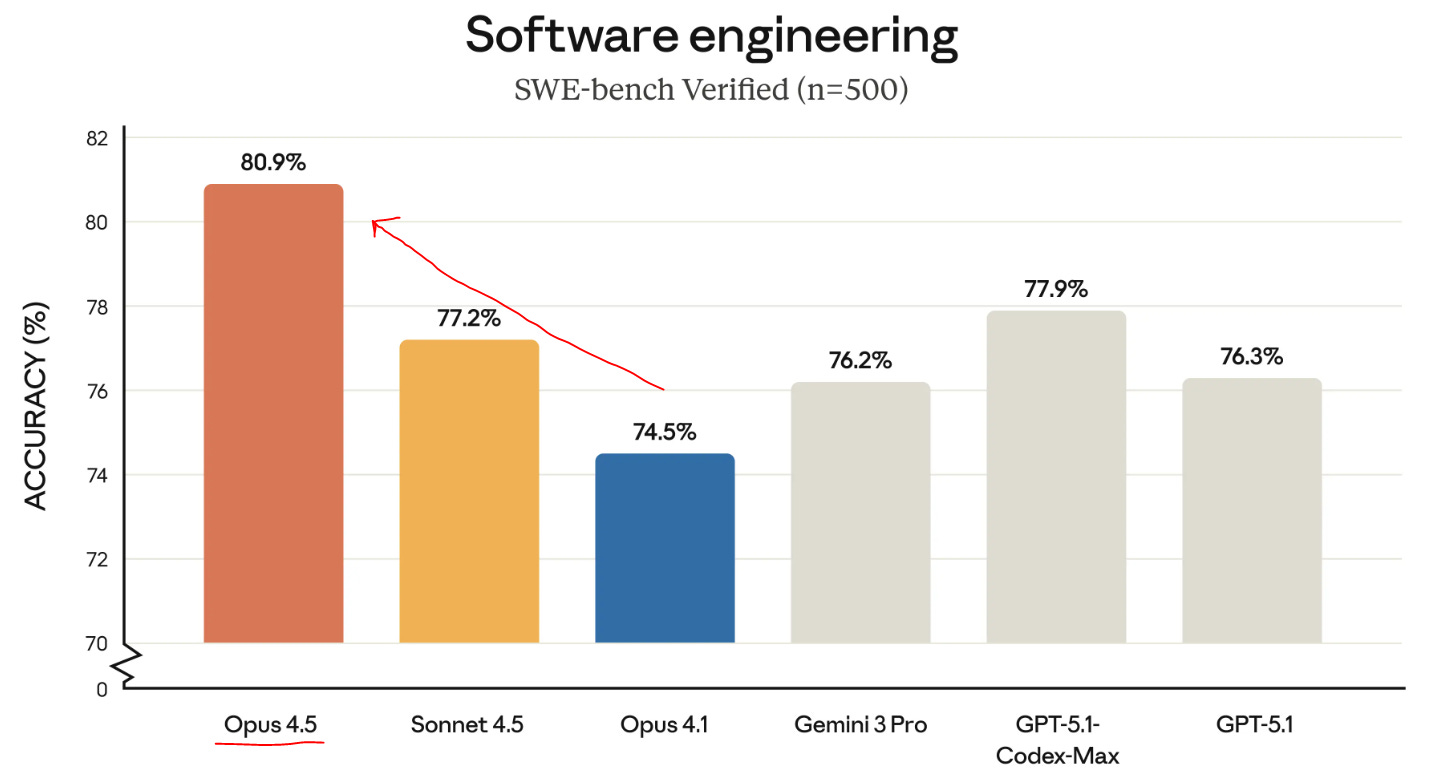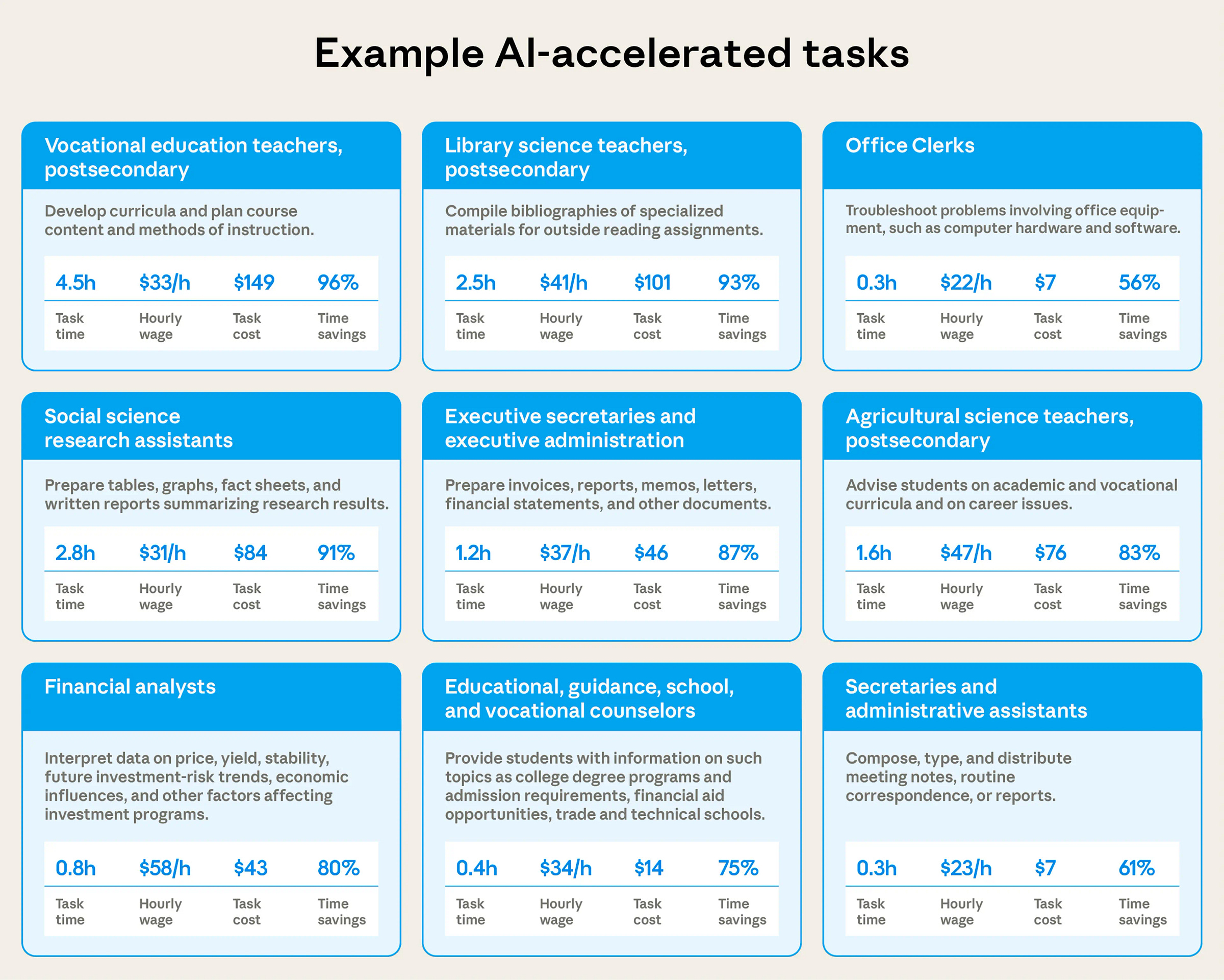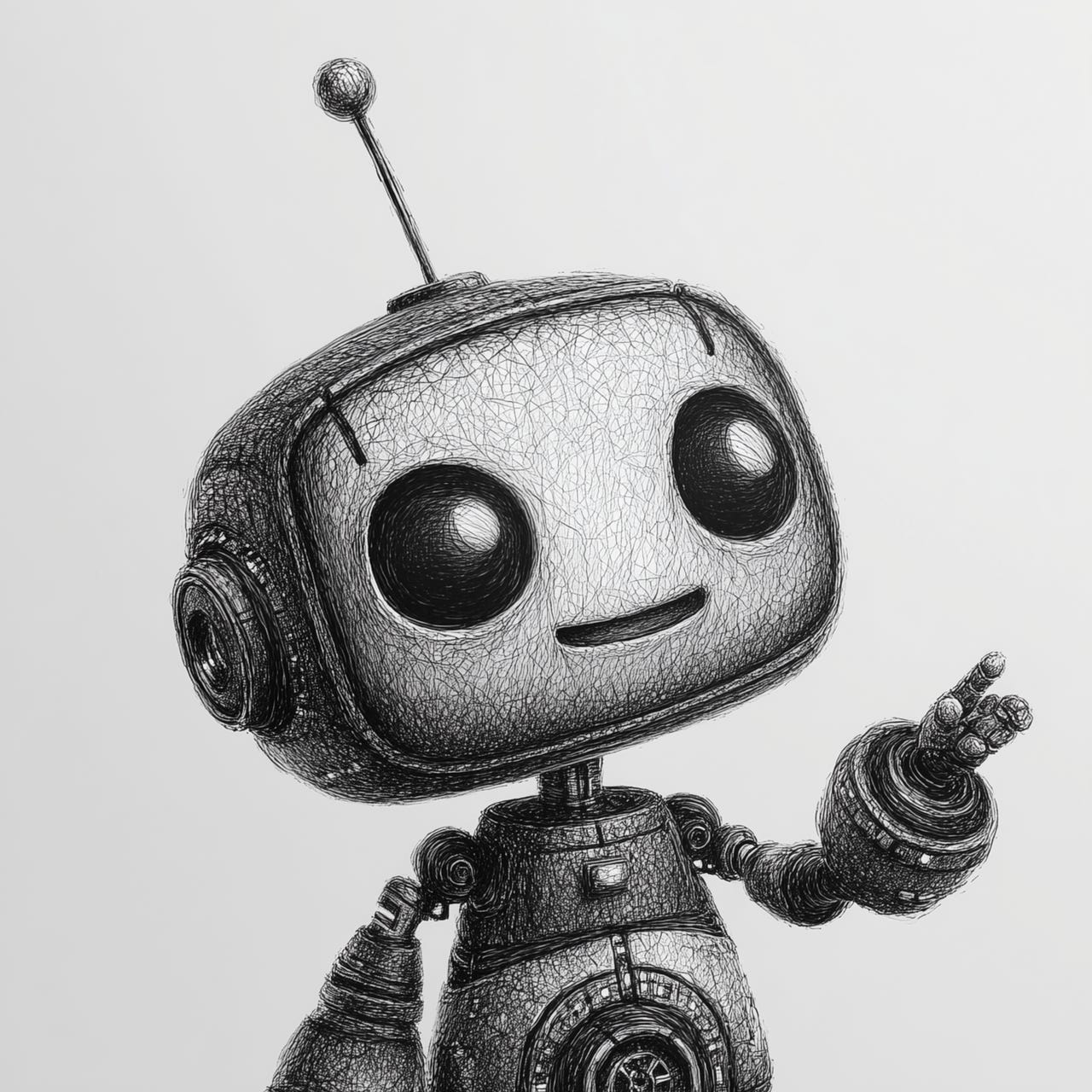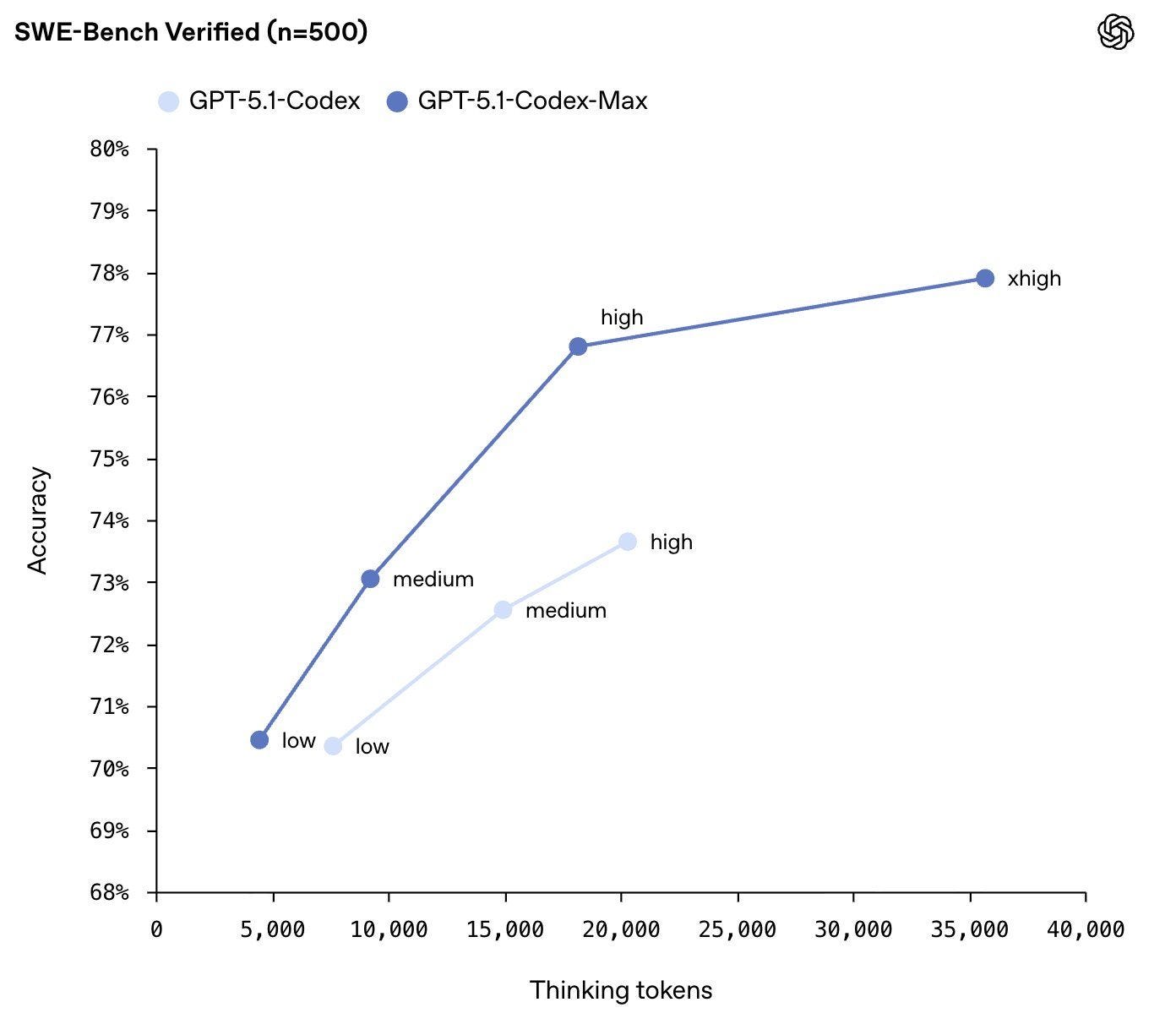Is AI eating Code?
Anthropic. Cursor and the frontiers of augmented science. New frontiers are showing signs of technological progress. + A Layman’s Guide to Building Apps with Cursor!
Good Morning,
In 2025 we have witnessed marked improvements in AI coding. We’ve experienced a vibe coding trend, an augmented no-code display of what is now possible for the likes of solo-founders and product managers alike. This year we’ve witnessed the rise of Claude Code and ever better models at software engineering. We’ve seen Cursor (today’s guide topic) separate itself from the pack now working on their own frontier models, and Loveable mature as a B2C facing brand.
The Claude developer platform and Gemini 3 Pro capabilities affords the Google developer platform something to look forwards to in 2026. Advances of LLMs in coding and math and ever harder benchmarks also is stimulating a vision that Generative AI can push scientific innovation forward. Indeed both OpenAI, Google Deepmind and Anthropic seem to lean on this future potential. President Donald J. Trump this week signed an Executive Order launching The Genesis Mission, a very American bold national initiative that aims to accelerate scientific breakthroughs using AI.
Indeed The WHITE HOUSE positions Generative AI as some kind of savior of our future:
“From the founding of our Republic, scientific discovery and technological innovation have driven American progress and prosperity. Today, America is in a race for global technology dominance in the development of artificial intelligence (AI), an important frontier of scientific discovery and economic growth.”
🇺🇸 And again: “Inspired by the legacy of the Manhattan Project and the Apollo Program, The Genesis Mission brings together the unmatched power of our National Laboratories’ supercomputers and top scientific minds to transform the way science and research are conducted.”
What is the Genesis Mission of AI in the 2020s really?
“The Genesis Mission charges the Secretary of Energy with leveraging our National Laboratories to unite America’s brightest minds, most powerful computers, and vast scientific data into one cooperative system for research.”
This even as the labor market tightens, consumer sentiment plummets and Trump’s approval ratings reach all-time lows. It’s an interesting and ever-present contrast to me as I cover the research and breakthroughs of AI, quantum, robotics and the semiconductor industry. As I study space-stocks and national defense Venture funding. I’m particularly worried about the prospects of U.S. college graduates in 2026. With the advent of AI, you might even proclaim the obvious: For the first time in modern history, a bachelor’s degree is no longer a reliable path to professional employment.
AI Coding and Knowledge Work Shows signs of Progress
Yet AI’s increasing capabilities in code and software development is the definitive area that consistently stands out as making the most tangible progress pre 2026. Will AI augment our capabilities in emerging technology? It’s too soon to say, but AI coding is happening now, in the 2020s, in a marked way. Even as the United States slips behind China in open-source LLMs, Energy infrastructure and research and other critical areas of Quantum and advanced materials, the United States is noticeably ahead in AI coding. With far superior GPUs, capital allocation advantages, datacenters and AI coding - how can the United States capitalize on its artificial intelligence superiority or leadership?
Three years since Gen AI has gone mainstream, in late 2025, it’s still difficult to ascertain the productivity gains of using chatbots and AI tools. But as they get better in AI coding, new possibilities begin to emerge for actual economic utility and corporate efficiency. Not just cost savings and repetitive task automation. More academics, lawyers, financial analysts, and real scientists in the field are using chatbots like Claude. When Anthropic released Claude Opus 4.5 they were careful to point out the sorts of white-collar professionals their data shows are finding the most value using Claude:
Back in October, a16z published their AI coding report. So here might be a good place to talk about that. The broader AI coding start-up ecosystem is converging with Agentic tooling. Many of the best open-source models coming out of China are now optimized for Agentic tasks. You see where this is heading right?
Anthropic, with the backing of Google TPUs and Amazon - has the best logical chance of attaining benefits from AI coding capabilities that can spill over into other areas. Just as specialized AI startups are beginning to transform Law. law firms and the tasks legal assistants used to do. While Microsoft’s investment in OpenAI represents the old world, Anthropic’s Enterprise AI will scale globally in the 2026 to 2030 period unimaginably well.
Estimate: 1.8% Productivity Growth by Mid 2030s
Neither OpenAI’s models or Google’s models can touch Anthropic in AI coding, and this opens up all business doors. Simply because software engineering is the key to so many companies. Anthropic estimates that current generation AI models could increase annual US labor productivity growth by 1.8% over the next decade.
It’s really hard for technological innovation to translate into real economic productivity gains - but from what we have learned in the the first 8 foundational years of Generative AI (2017 to 2025), Anthropic is the likely winner. Gemini is a great multimodal jack of all trades. But I don’t believe Hyperscalers will contribute as much to the future of science as they claim. It will take bold new approaches that are unlikely to manifest out of even the top talent at Google.
Anthropic’s AI Coding Supremacy is the New Frontier
Claude Opus 4.5, released by Anthropic in late November 2025, sets new standards for AI-assisted software engineering, particularly on benchmarks that test real-world coding tasks like debugging, refactoring, and resolving issues in large codebases.
It excels in agentic workflows, where it can plan multi-step edits, reason about dependencies, and generate precise fixes.
Anthropic’s advanced tool use capabilities can now scale into meaningful products in the years ahead.
Anthropic’s Economic Index will have a lot more data in the coming years and its AI coding capabilities will lead to recursive self-improvement (RSI) in some scientific and practical domains that might scale unexpectedly well. Combined with advantages in Quantum computing of the 2030s, there is innovation that will occur in the 21st century that’s AI mediated. Just as AI can help astronomers use senses beyond human senses that enable us to better understand the physical Universe.
How to keep up with the AI Coding Wave?
One of the voices I respect the most on this platform is Jeff Morhous to keep up with AI coding capabilities. He writes the AI-Augmented Engineer, one of the fastest rising Newsletters about AI at the intersection of Software engineering.
The AI-Augmented Engineer
Let’s not forget that in the Gemini 3 Pro and Opus launch window, OpenAI also launched about a week ago GPT-5.1 Codex Max (a bit of a mouthful).
Everything new in GPT-5.1-Codex-Max
Meta is doing AI-assisted interviews for software engineers now
A software engineer’s guide to not getting replaced by AI
I asked Jeff to write a short useful guide on Cursor, as a sort of introduction to those who may not have heard much about it.
A Layman’s Guide to Building Apps with Cursor
By Jeff Morhous, November, 2025. It’s roughly 1,500 words.
Don’t have premium? Are lazy? Have a bit of patience, or are in transit? No problem listen to it. 🎧 (11 min).




